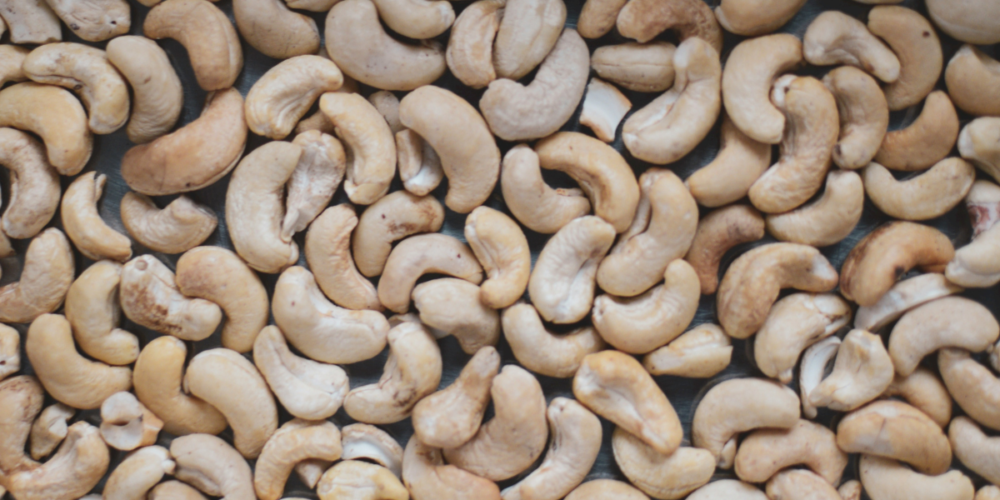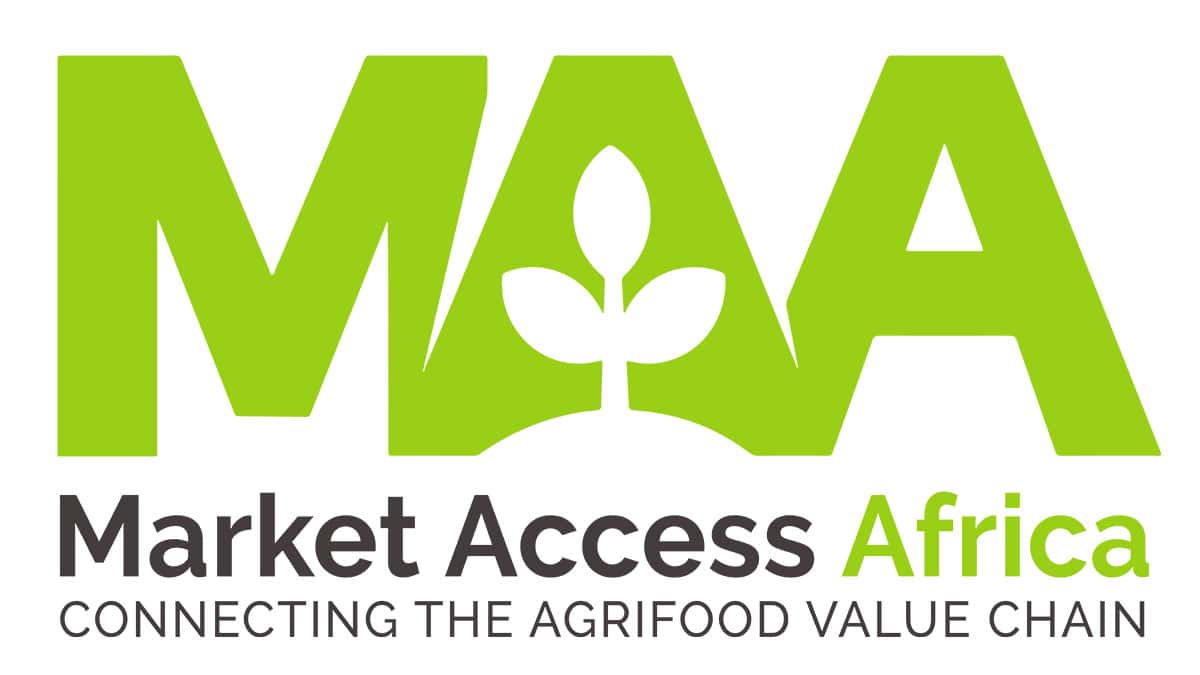PROMOTION A Taste of Canada for Discerning African Consumers Vins et…

Nigeria’s Cashew and Cocoa Industries: A Glimpse into Opportunities and Challenges
Nigeria’s agricultural landscape is witnessing significant growth in cashew and cocoa sectors, each marked by unique opportunities and challenges that shape their contribution to the economy and global market.
The cashew industry in Nigeria is experiencing a notable expansion with the country emerging as one of the top producers globally. The sector boasts an annual average production increase of 5%, with projections indicating a continuous upward trajectory. By 2030, production is expected to reach 300,000 metric tonnes. The Nigerian cashew sector benefits from a long producing season that spans from December to June, ensuring a year-round supply of cashews due to effective storage capabilities. The expansion of the sector is additionally supported by Nigeria’s status as a prominent exporter of high-quality raw cashew nuts, distinguished by their superior kernel yield out-turn.
Despite the promising outlook, the cashew industry faces several hurdles, including the need for enhanced processing capabilities and better access to markets. Efforts to diversify and improve the cashew processing capacity within the country are underway, as evidenced by initiatives such as the unveiling of modern cashew processing plants by construction firms like Julius Berger Nigeria PLC. These initiatives are designed to enhance the sector’s foundational capabilities and its potential for adding value to products .
Parallel to the cashew sector, Nigeria’s cocoa industry holds a significant position on the global stage as the fourth largest producer. The country accounts for a 6.5% share of global cocoa production, with cocoa beans constituting a substantial portion of Nigeria’s agricultural exports. However, the sector’s potential is hindered by a lack of extensive exploration of the cocoa value chain, with a majority of exports comprising raw cocoa beans
Recent reports suggest that Nigeria’s cocoa processing market is poised for growth, with projections indicating a Compound Annual Growth Rate (CAGR) of 6.76% over the next five years. This growth is attributed to favorable climatic conditions, government support through schemes and subsidies, and an increasing domestic demand for cocoa-based product
Quality and productivity enhancements are vital for the cocoa sector’s advancement. Studies indicate that cocoa production could increase by 15 to 30% with more extensive fertilizer usage, a practice less common among Nigerian farmers compared to those in regions like Ghana. Efforts from NGOs and donor organizations, such as USAID, aim to improve on-farm capacity, yet challenges persist due to factors like poor farm management and low input utilization.
Quality control remains a critical issue for Nigerian cocoa, with the current quality perceived as lower than that of other West African countries. This has impacted the prices farmers receive for their crops. Continuous efforts by local associations to educate farmers on quality standards and the appropriate use of chemicals are essential for enhancing the crop’s quality and, consequently, its market value
Seedling development and distribution are also areas requiring attention. Despite ambitious targets set by the Federal Ministry of Agriculture and Rural Development, the production of improved hybrid seedlings has fallen short, affecting the nation’s ability to meet cocoa production goals. The reliance on government-provided seedlings and those from unapproved sources has led to an inadequate supply of quality planting materials for farmers.
Market access is an important factor in the agriculture sector, influencing the ability of producers to sell their products and achieve sustainable growth. For the cashew and cocoa industries in Nigeria, access to international markets is crucial due to the global demand for these commodities. Enhanced market access allows for better pricing, increased revenue, and opportunities for value addition. Moreover, it opens avenues for Nigerian producers to adhere to international quality standards, thereby increasing the competitiveness of their products on the world stage. Ensuring market access involves not only improving the quality and productivity of these sectors but also negotiating favorable trade agreements, reducing export barriers, and fostering relationships with key stakeholders in the global agricultural market.
Nigeria’s cashew and cocoa industries are at a crossroads, with significant potential for growth and value addition. However, realising this potential requires overcoming challenges related to processing capacity, market access, farm management, quality control, and seedling supply. As stakeholders continue to navigate these hurdles, the future of these sectors remains a focal point of Nigeria’s agricultural development strategy.
Sources:
https://www.mordorintelligence.com/industry-reports/global-cashew-market
https://guardian.ng/business-services/amid-economic-downturn-experts-see-opportunities-in-cocoa/
https://www.imarcgroup.com/nigeria-cocoa-processing-market



